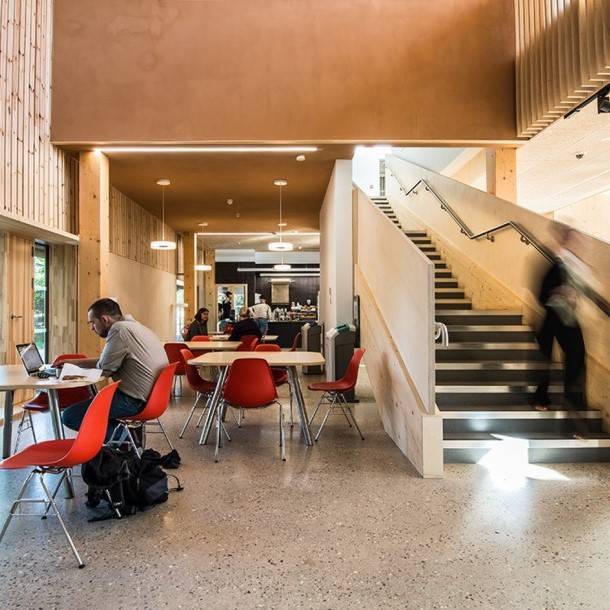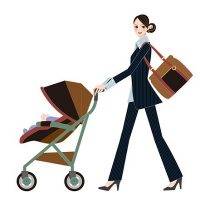October 7, 2016
High earners much more likely to be offered flexible working 0
We may all be aware that the way to attract and retain working parents – particularly mothers – is by offering them flexible working options, especially with the growing body of evidence that the gender gap increases among working women with children. But although it’s still a challenge for any working women who aspires to moving up the corporate ladder, they usually have more options than their lower paid colleagues who can’t afford expensive childcare. This is why it’s all the more depressing to learn that it’s only the high earners who are being given the option of flexible working. According to research carried out by charity Working Families to promote National Work Life Week (Oct 3-7), high earning parents who bank more than £70,000 a year are 47 percent more likely to work flexibly than those earning between £10,000 and £40,000. More →



































October 7, 2016
Are we seeing the workification of home or the homification of work? 0
by Anna King • Comment, Flexible working, Workplace design
More →